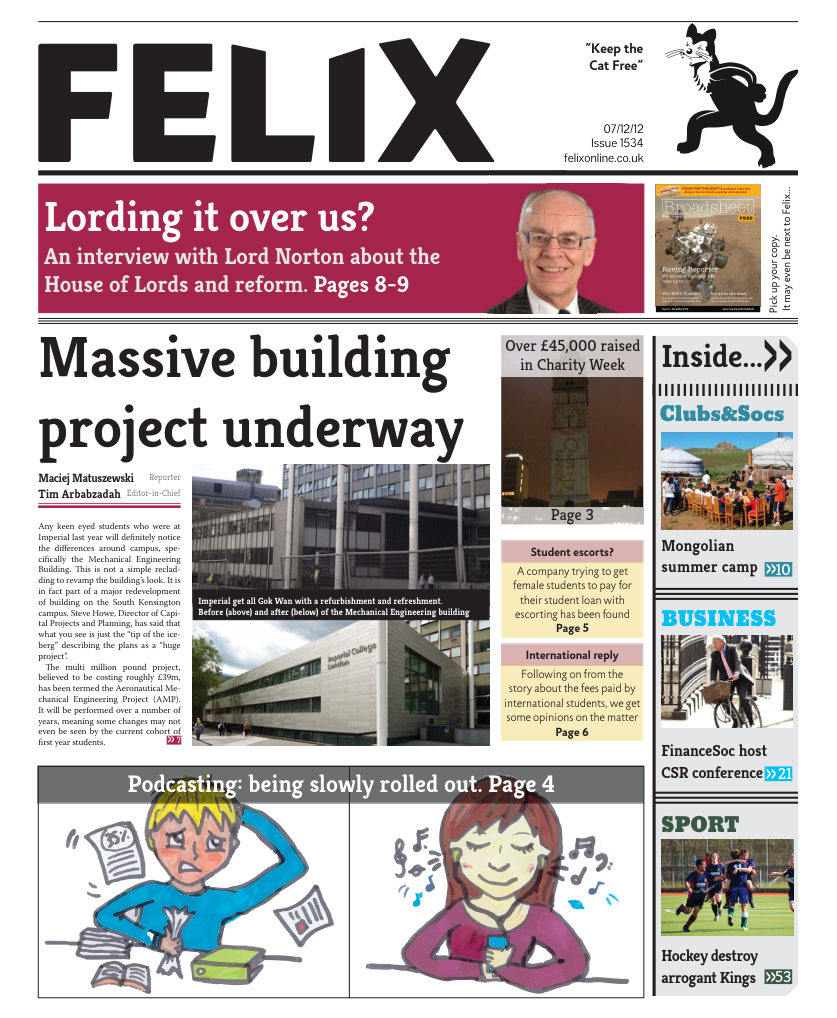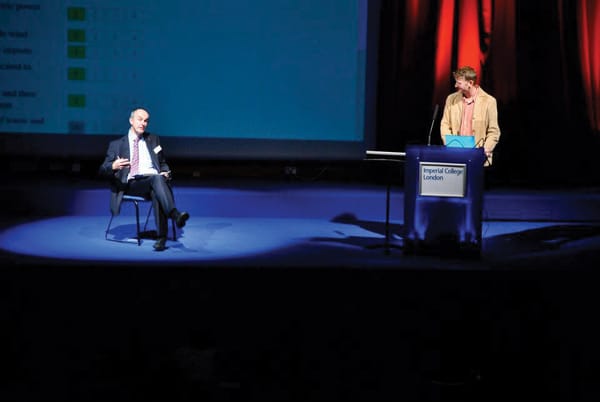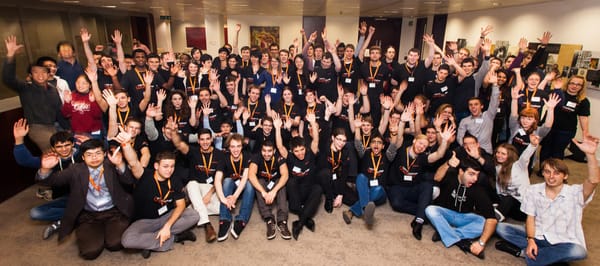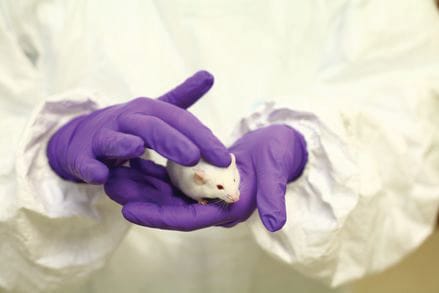An international response
International students reply to the fees

Concerns have been raised about the high fees that Imperial charges international students. The average (excluding medicine) yearly undergraduate international fee is over £24,000. This is greater than most UK other UK universities – UCL charges £18,500 a year for laboratory based subjects while Kings charges £17,800. The fees, however, are one par with Oxbridge, once their additional College fees are taken into account, and the most prestigious US universities – MIT asks students for $40,732, equivalent to about £25,580.
Fen Wong, a Chemical Engineering student whose course costs £24,500 a year, told Felix that she “definitely think we’re being overcharged”. She said that while she has “access to the pilot plant, which is supposed to be a huge deal and a great learning experience” and while she maintains that “Imperial is a good university, if not in terms of student satisfaction, then in terms of education” she thinks that the College “would need gold-plated furniture and a butler to carry my bags around in order for the fees to be worth it”. Another Chemical Engineer, first year David Leng, added that Imperial was “the most expensive University in the UK” that he’s seen and that while he believes that it “is of good quality” its “still a bit too expensive”.
A second year Aeronautical Engineering student who wished to remain anonymous went further, questioning whether the College provides good enough facilities for the amount that it charges: “My course costs £24,000 in Imperial. It costs £13,000 in City [University Lond]. Compared both courses; pretty much the same [and] City has better facilities.”
Winston Barry Lee concurred, saying: “I think we are overcharged. It is a shame that Imperial treats overseas students as some sort of fixed source of income because they know that overseas students value the Imperial brand. Imperial is very inaccessible to those who have academic merits, but not the means.“
Not all international students, however, believe that the College charges an excessive amount. Emmilyn Yeoh, a first year Materials student told Felix that she didn’t “mind if we pay slightly more than other people (like maybe 18-19k or something) for the facilities, location and stuff.” Another student who wished to remain anonymous urged those who think the fees are too high to consider the many additional resources provided in and around College, saying: “Go hog library, bother tutors, careers fairs come to your doorstep, take advantage of all of this! London is so central, such a fantastic environment to work and play and live in. For those who want to learn more there are ample libraries, museums, landmarks and all of it is steeped in history.”
While opinion about the fees remains divided it seems unlikely that the College is set to cut down on such a lucrative income source any time soon.









